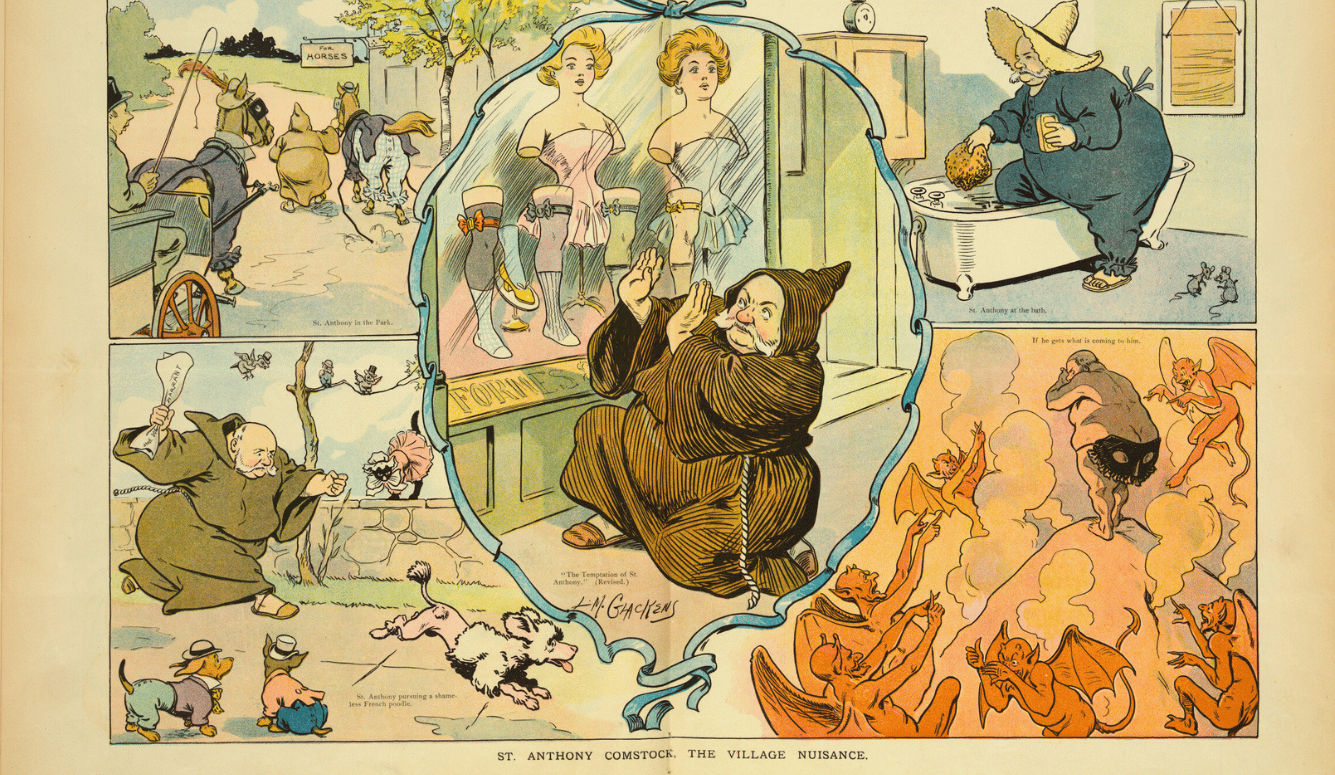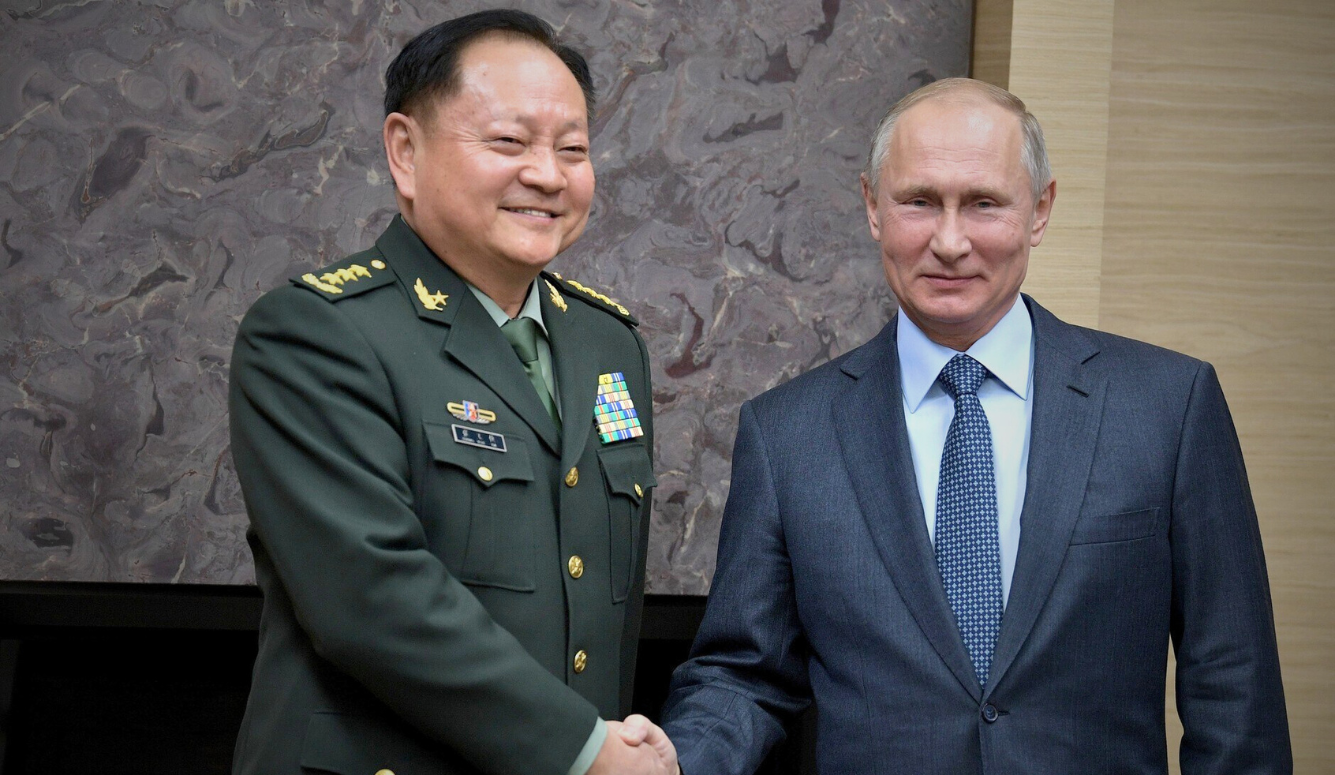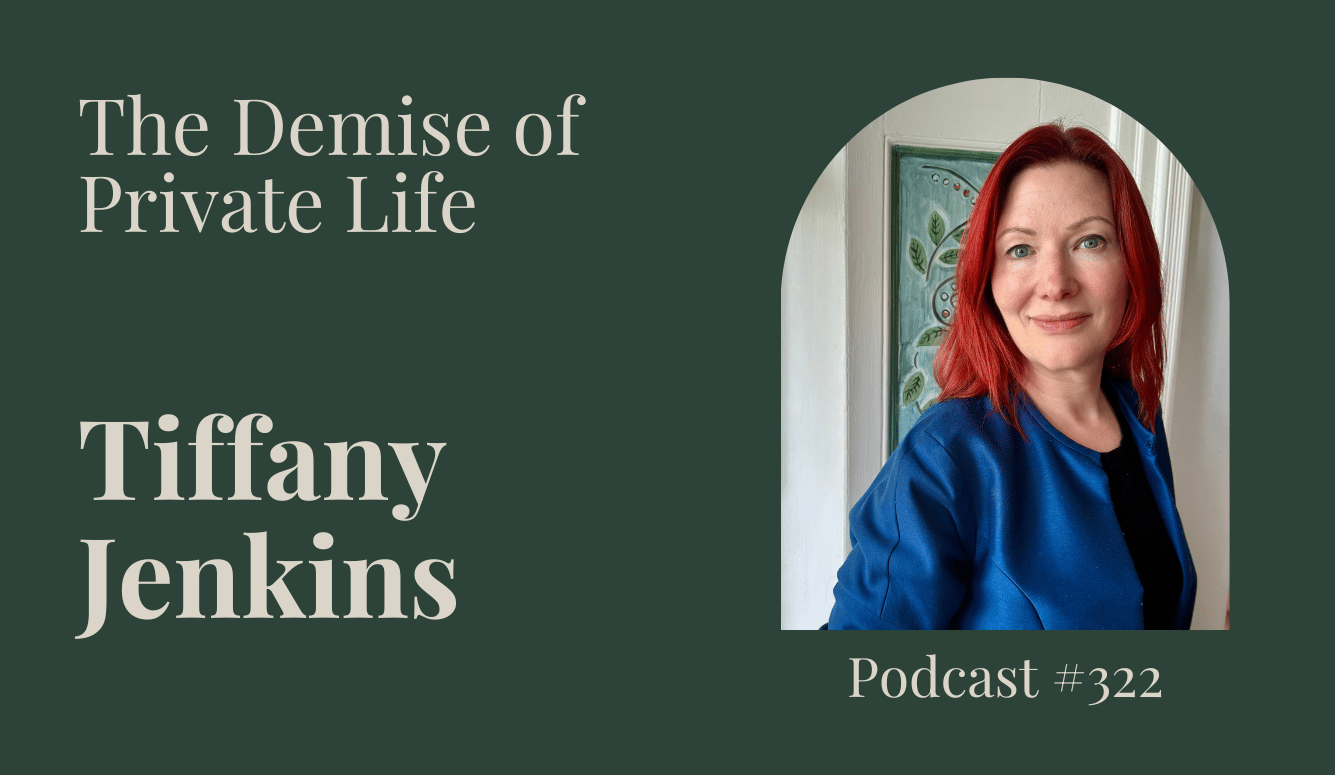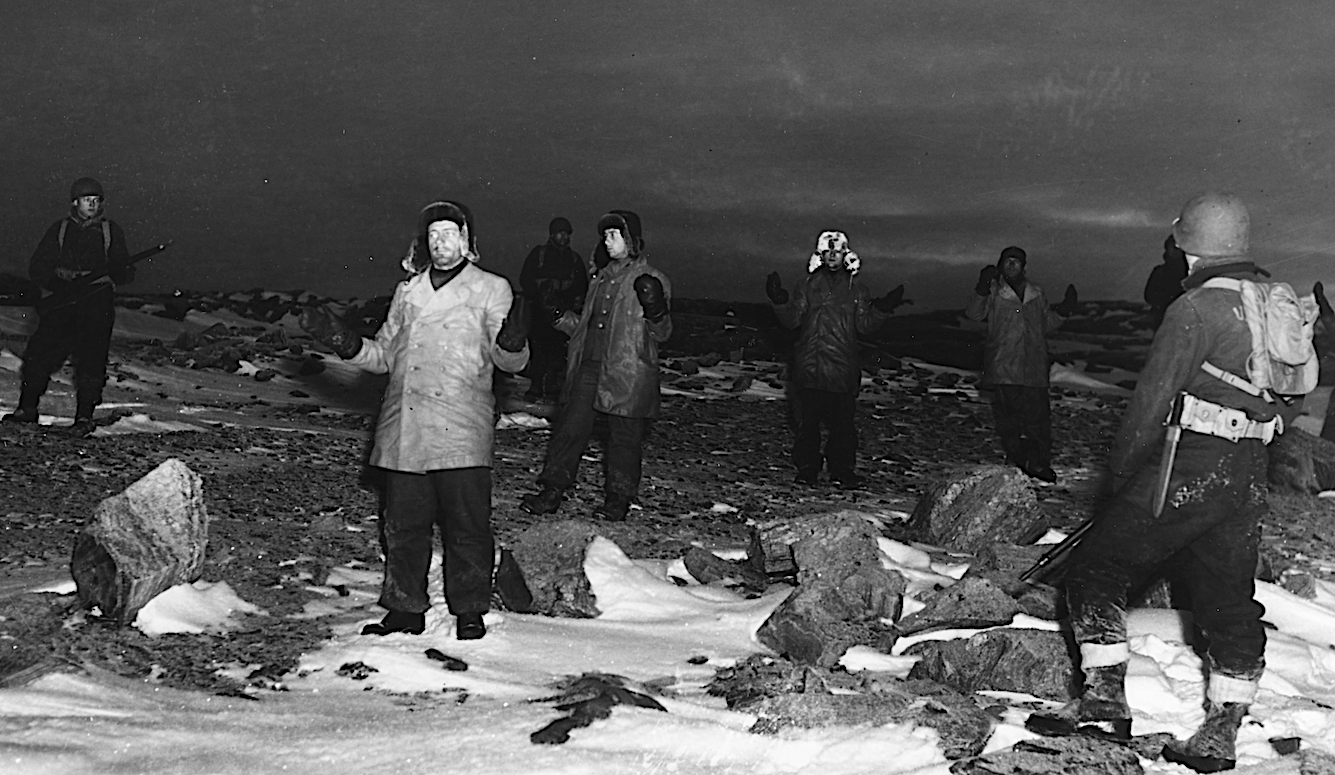Free Speech
How Marcuse Made Today’s Students Less Tolerant Than Their Parents
For six decades, social scientists have almost universally treated intolerance as a negative social disease.

When Samuel Stouffer first wrote on political tolerance during the McCarthy era, he concluded that Americans were generally an intolerant bunch. Yet, finding that younger people were more tolerant than their parents, he also concluded that Americans would become more and more tolerant over time, due to generational replacement and increases in education. However, Stouffer did not predict the rise of the New Left, which I argue has reframed our collective notions about free expression, resulting in a significant decline in political tolerance among America’s youth. I develop this argument in a chapter I wrote for Stanley Rothman’s last book, The End of the Experiment, (Rothman, Nagai, Maranto, and Woessner, 2015) My findings are outlined below.
First, I make the case that young people are less politically tolerant than their parents’ generation and that this marks a clear reversal of the trends observed by social scientists for the past 60 years. Political tolerance is generally defined as the willingness to extend civil liberties and basic democratic rights to members of unpopular groups. That is, in order to be tolerant, one must recognize the rights of one’s political enemies to fully participate in the democratic process. Typically, this is measured by asking people whether they will allow members of unpopular groups, or groups they dislike, to exercise political rights, such as giving a public talk, teaching college, or having their books on loan in public libraries.
Americans have not, in fact, become more tolerant. Rather, they have shifted their dislike to new groups. For example, “Muslim clergymen who preach hatred against the United States” are now the least liked group included in the General Social Survey (GSS), followed by people who believe that “blacks are genetically inferior”. Most importantly, compared to those in their 40s, people in their 30s and 20s actually show lower tolerance towards these groups. According to the 2012 GSS, people in their 40s are the most tolerant of Muslim clergymen who preach anti-American hatred: 43% say a member of this group should not be allowed to give a public speech in their community. Among people in their 30s, the number who would prohibit this group from speaking climbs to 52%, and for those in their 20s it jumps to 60%. Young people are also less tolerant than the middle aged groups toward militarists, communists, and racists. This is not true for tolerance towards homosexuals or atheists, because younger people simply like these groups more. (Political tolerance is not a measure of liking someone, but the willingness to extend political freedoms to those one dislikes).
Second, I argue that youthful intolerance is driven by different factors than old fashioned intolerance, and that this change reflects the ideology of the New Left. Herbert Marcuse, considered “The Father of the New Left,” articulates a philosophy that denies political expression to those who would oppose a progressive social agenda. In his 1965 essay “Repressive Tolerance,” Marcuse (1965) writes,
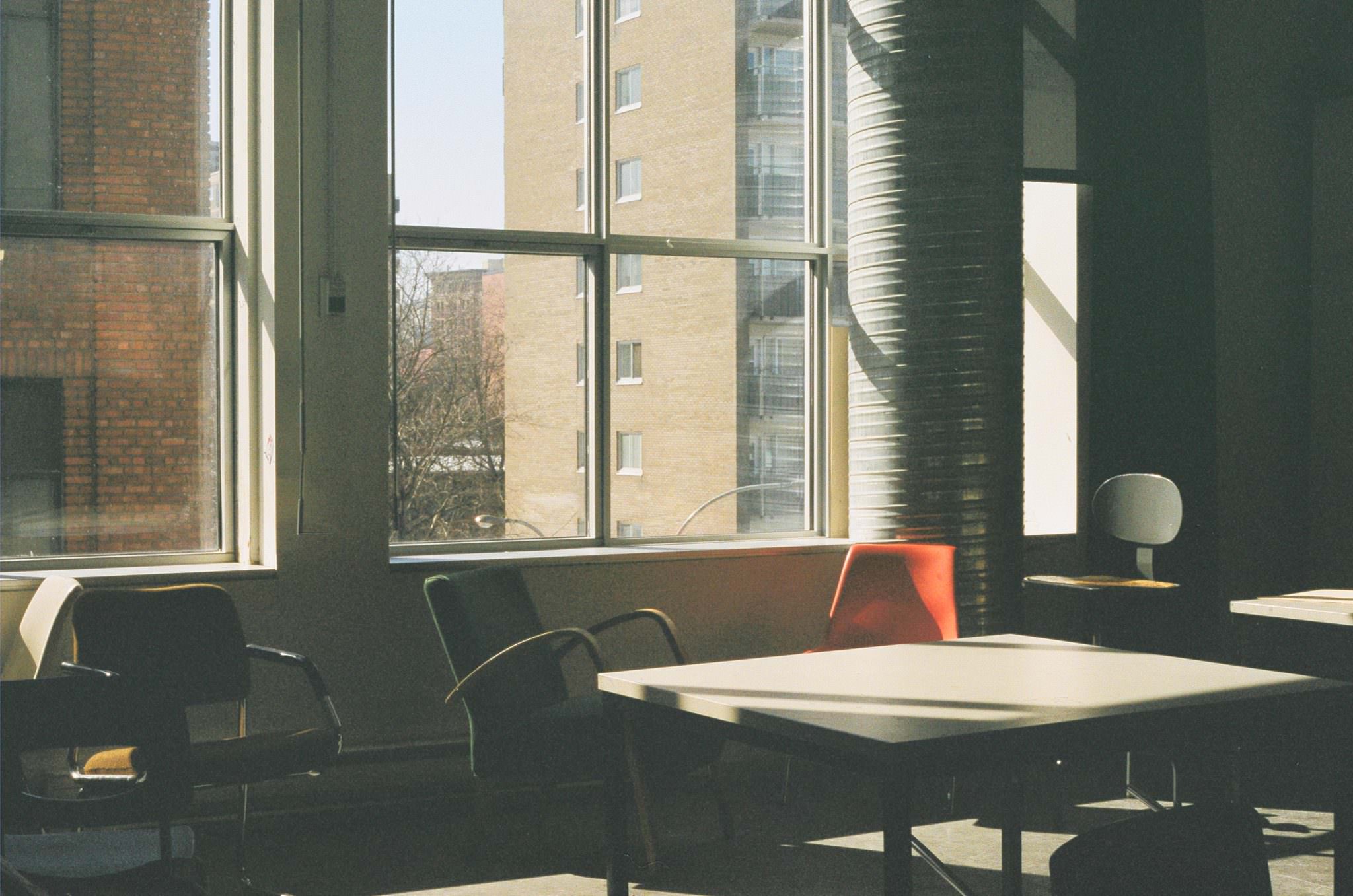
Tolerance is extended to policies, conditions, and modes of behavior which should not be tolerated because they are impeding, if not destroying, the chances of creating an existence without fear and misery. This sort of tolerance strengthens the tyranny of the majority against which authentic liberals protested… Liberating tolerance, then, would mean intolerance against movements from the Right and toleration of movements from the Left.
The idea of “liberating tolerance” then is one in which ideas that the left deems to be intolerant are suppressed. It is an Orwellian argument for an “intolerance of intolerance” and it appears to be gaining traction in recent years, reshaping our commitments to free speech, academic freedom, and basic democratic norms. If we look only at people under the age of 40, intolerance is correlated with a “social justice” orientation. That is, I find that people who believe that the government has a responsibility to help poor people and blacks get ahead are also less tolerant.
Importantly, this is true even when we look at tolerance towards groups other than blacks. For people over 40, there is no relationship between social justice attitudes and tolerance. I argue that this difference reflects a shift from values of classical liberalism to the New Left. For older generations, support for social justice does not require a rejection of free speech. Thus, this tension between leftist social views and political tolerance is something new.
Third, I argue that intolerance itself is being reclassified as a social good. For six decades, social scientists have almost universally treated intolerance as a negative social disease. Yet, now that liberties are surrendered for equality rather than security, the Left seems less concerned about the harmful effects of intolerance. In fact, they have reframed the concept altogether. For example, political scientist Allison Harell (2010) uses the term “multicultural tolerance,” which she defines as the willingness to “support speech rights for objectionable groups” but not for “groups that promote hatred.” In other words, multicultural tolerance allows individuals to limit the rights of political opponents, so long as they frame their intolerance in terms of protecting others from hate. This is what Marcuse refers to as “liberating tolerance.”
In fact, the idea that one should be “intolerant of intolerance” has taken hold on many college campuses, as exemplified through speech codes, civility codes, and broad, sweeping policies on harassment and discrimination. Students now frequently lead protests and bans on campus speakers whom they believe promote hate.
While this may have the effect of creating seemingly more civil spaces, it has negative consequences. In fact, tolerance for all groups is positively correlated. It is not simply the fact that leftists oppose the expression of right-wing groups. Rather, those who are intolerant of one group tend to be intolerant of others and of political communication in general.
How does this all affect the “marketplace of ideas” in higher education? On the one hand, my coauthors and I (Rothman, Kelly-Woessner and Woessner, 2011) have found little evidence of what one would call widespread indoctrination. Rather, college students leave after four years with political values and attitudes that are quite similar to those they brought with them. That does not mean, however, that politics doesn’t matter. Rather, the willingness to listen to opposing viewpoints and exercise tolerance is predicted by one’s exposure to counter-attitudinal messages (Mutz, 2006) . In other words, listening to viewpoints that contradict our own makes us more tolerant. In this way, the lack of ideological diversity in higher education contributes to intolerance, especially among leftist students. This is a point that President Obama made forcefully in a recent speech in Des Moines, Iowa.
When colleges fail to represent the full measure of political ideas, students are less likely to learn to tolerate those unlike themselves. This, combined with the New Left’s legacy of “liberating tolerance,” creates an environment that values anger and orthodoxy over inquiry and debate.
April Kelly-Woessner is Professor of Political Science and Chair of the Department of Politics, Philosophy and Legal Studies at Elizabethtown College.
This article was originally published at the Heterodox Academy. Read the original article here.

